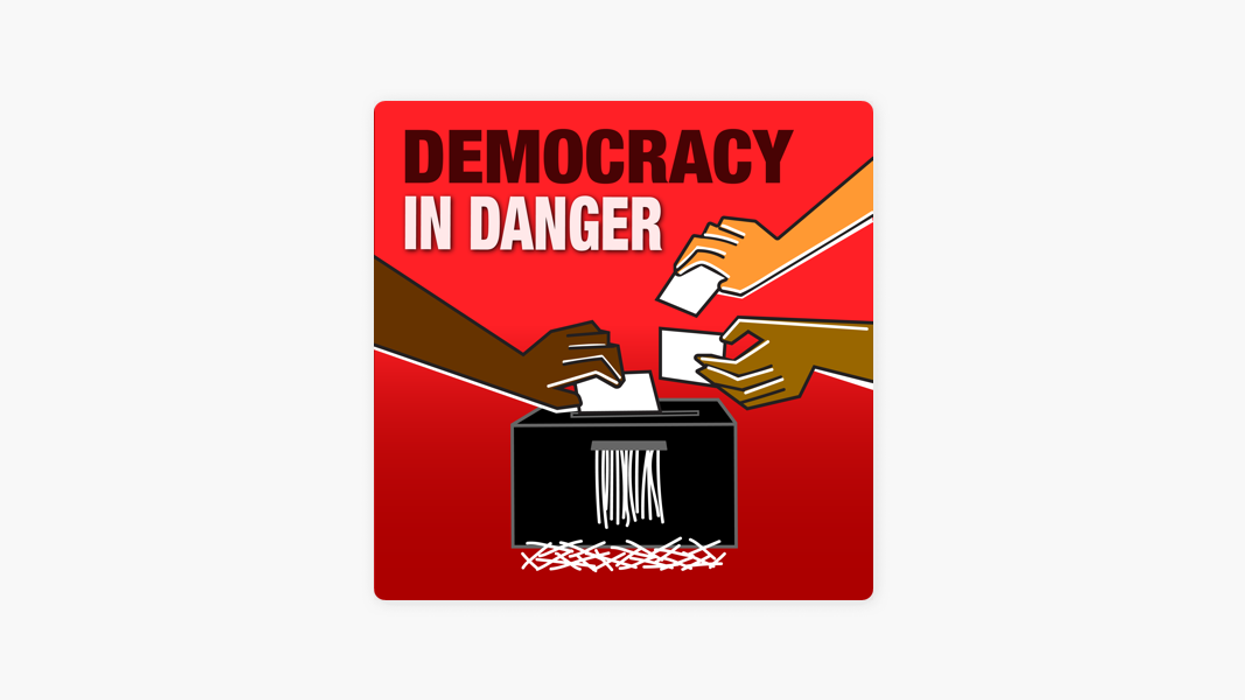Newsrooms are shrinking, hedge funds are buying up local papers and clickbait is shaping more and more what you know about the world. What the heck is happening to the news business — and what does this spell for the future of democracy? Journalism professors Jay Rosen and Nikki Usher say the internet isn’t all to blame: Journalists, they argue, need to get more creative about who they reach, what they cover and how they fund their work.
Podcast: Broken news






 S4 E13. Broken News
S4 E13. Broken News















Trump & Hegseth gave Mark Kelly a huge 2028 gift